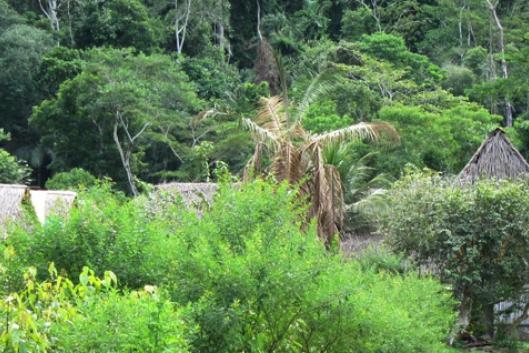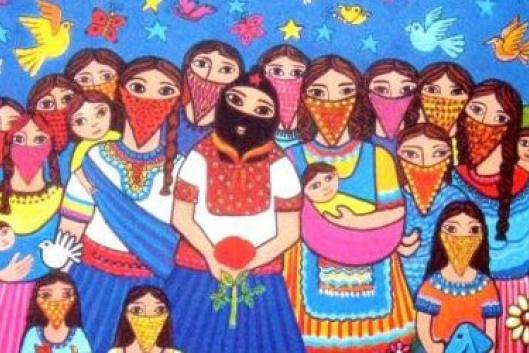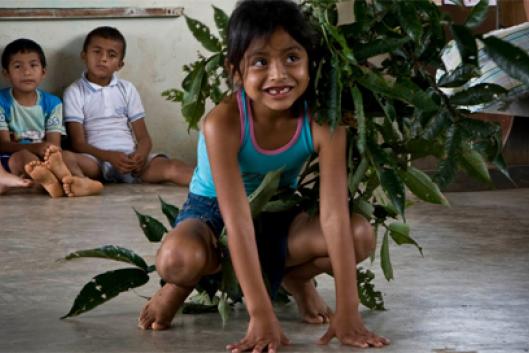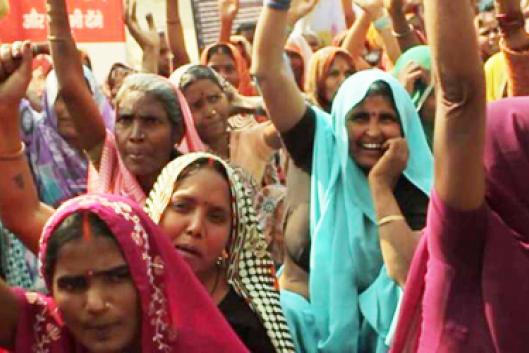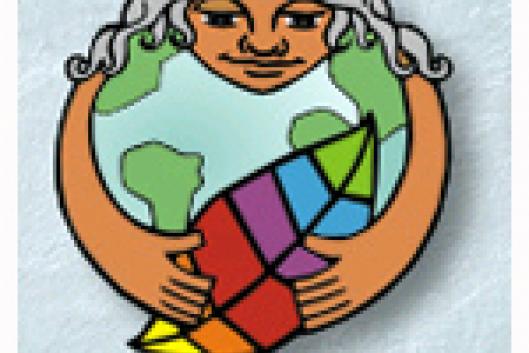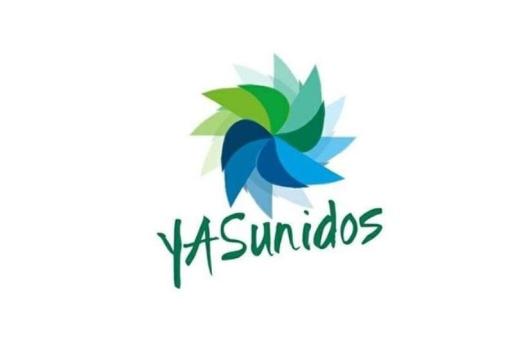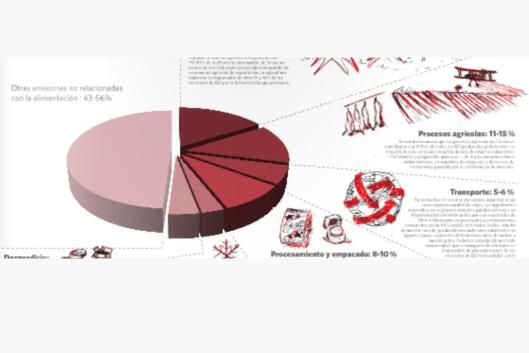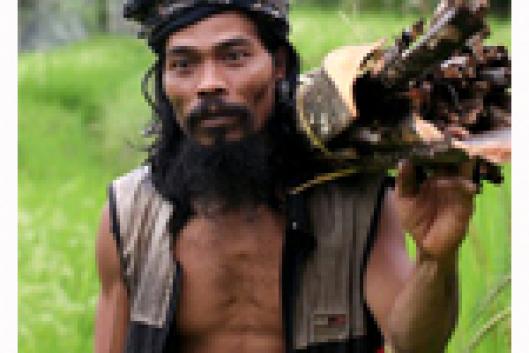This last World Rainforest Movement bulletin of the year 2014 focuses on an issue that is somehow present in all of the local struggles and related issues that this bulletin informs you about every month. Although it is not specifically about a forest or tree plantation-related issue, it is about something that involves forest-dependent communities and that we feel is very important to dedicate an entire WRM bulletin to: the complex debate about alternatives.
Bulletin Issue 209 – December 2014
Some reflections on the "alternatives" debate
WRM Bulletin
209
December 2014
OUR VIEWPOINT
SOME REFLECTIONS ON THE "ALTERNATIVES" DEBATE
-
21 December 2014There's an old joke in the US about a public prosecutor who starts to build a case against the Mafia in her city. One day she receives a mysterious visit from several large, polite, well-dressed gentlemen. They take their time to arrange themselves comfortably in chairs around her desk. After coffee is served, their leader clears his throat and begins to speak:
-
-
PEOPLES IN ACTION
-
21 December 2014The People’s Summit on Climate Change was held December 8-11 in opposition to the false solutions being discussed at the UN climate negotiations in Lima, Peru.
-
21 December 2014The Ecuadorian environmental defence organization YASunidos has joined with Acción Ecológica and the indigenous pastorate of Chimborazo to file a legal action to protect the rights of nature of the Tangabana páramo – rights that are enshrined in the Constitution of Ecuador – in relation to a vast plantation of pine trees established in 2013 in the fragile evergreen forest and parámo grassland ecosystems of Pallo-Tangabana, in the Andes high mountains.
-
21 December 2014During the UN climate negotiations in Lima, the World March of Women expressed its active solidarity with Máxima Acuña, who is facing legal proceedings for her resistance to the transnational mining company Yanacocha in Cajamarca, northern Peru. The company has filed suit against Acuña for “aggravated usurpation of land”, and a judge in a court of first instance sentenced her to a prison term of two years and eight months, a fine, and the seizure of the land she occupies and owns. “Máxima Acuña is a peasant woman who symbolizes the struggle of a wide diversity of women who are fighting back against the advance of extractivism in their territories.
-
21 December 2014The non-profit organization GRAIN has released an educational pamphlet that clearly demonstrates the fundamental role of the industrial food system in emissions of carbon dioxide and other toxic gases that contribute to the climate crisis. It notes, for example, that industrial agriculture accounts for between 15% and 18% of global greenhouse gas emissions through the deforestation that it causes. At the same time, the brochure outlines essential steps towards the recovery and reaffirmation of food sovereignty as way of moving away from the industrial food system.
-
21 December 2014The Critical Information Collective is launching a new annual environmental and social justice photography competition, which will be open for entries between 1 January 2015 and 28 February 2015. Acceptances and winning entries will be notified by 31 March 2015. The 24 winning images will be printed and exhibited in Paris during the UNFCCC climate change summit in November 2015. All competition ‘acceptances’ will also be exhibited online until 31 December 2015.
RECOMMENDED
-
21 December 2014This report from the organization Corner House explores the question “What’s the alternative to current energy systems?” in a context of a growing climate crisis and increasing uncertainty over the future of fossil fuels. In energy policy today, the main conflict is among the different proposed alternatives themselves. Figuring out what the assumptions and audiences of the various alternatives are is half the work of assessing where a democratic and survivable energy future might lie. The point of this report is not to simplify the debate over energy alternatives, but to clarify how complex it is.
-
21 December 2014This site examines the questions surrounding the Mekong Region’s ‘development’, and tries to identify new ones, giving particular importance to both the consequences that are masked from mainstream explanations, as well as alternatives that are already practiced.
-
21 December 2014The NGO network ECA Watch is mapping social movements’ alternative proposals to the large-scale infrastructure projects, including water, energy or transport infrastructure. The aim is to spread information and proposals, and to contribute to linking people and groups with each other, in order to enrich the narrative on alternative infrastructures. See map here: http://www.eca-watch.org/node/3637
-
21 December 2014A global study carried out by the Poverty and Environment Network has helped in understanding the role forests play in enhancing people’s livelihoods, confirming that forests do provide an important source of rural income, but challenging some of the long-held assumptions about how these resources are used. This is key when discussing how forests are conserved, as cutting off or limiting use of forests among forest peoples “could jeopardize the livelihoods of local people considerably”. See full article at: http://news.mongabay.com/2014/0714-dparker-forest-livelihoods.html
